The skinny on weight-loss drugs: you may be the only one not using them
What’s going on? Why is everyone so slim all of a sudden? Well, it’s Ozempic. Everyone in my Pilates class is on it and they weren’t fat to begin with.

I keep seeing people who are shadows of their former selves. There’s an ex-politician who must be 20kg lighter; a bar manager who was a good weight for a shot-putter and could now fly over the high jump; and a gang of women at the gym who still lift weights but also regularly drop dress sizes.
What’s going on? I asked a friend. Oh, she said, it’s Ozempic. Everyone in my Pilates class is on it and they weren’t fat to begin with.
We stared at each other for a bit, then I glanced down to the comfy roll of belly fat that was getting too big to suck in and too persistent to budge with a crash diet. Do you think we’re going to be the fattest people in the room? I said. Nup, she replied, we’ll be the fattest in the world.
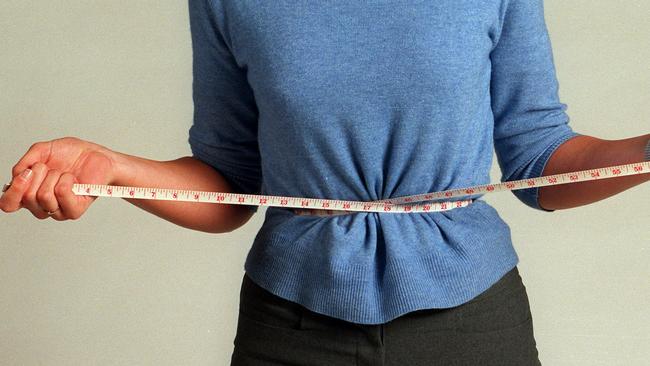
The weight reduction drugs that began with the diabetic drug Ozempic but now include a suite of drugs aimed at weight loss promise to be a magic pill for millions of obese people, who struggle to live normal lives. Already 15 million people have started on the drugs and every day 25,000 Americans join them. The medical community is excited about it but I suspect this won’t roll out the way they imagine.
A clue to how it might play out was given in the first few pages of the bestselling book Magic Pill, by Johann Hari. When he emerged after the pandemic – chubbier than ever – and entered a room full of friends/celebrities, who looked slimmer than ever, he asked what was happening.
He was told that while he had spent the pandemic ingesting ice cream, they had spent the pandemic injecting Ozempic. So began his race to the bottom of the BMI charts.
While these drugs are designed for obesity, there are many more millions of people whose weight is not a medical worry, just an aesthetic one.
These people, who have carried around the belly roll for years, can see their fellow chubsters looking svelte as they bounce around the gym in skimpy lycra. They sit at the same table as their former chubby chums and watch them push their plate away and declare that they couldn’t possibly eat another thing because that olive was so filling.
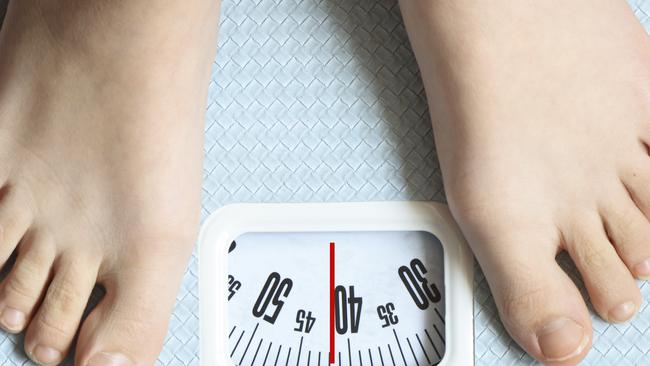
Chubsters, who went under the BMI radar for years, will realise they are now the fattest person in the room. Then, they’ll think — if them, why not me?
Social contagion is almost as powerful as a syringe of semaglutide and this is not the first time that innovations that were initially aimed at people who needed to improve their health have been snapped up by those who simply want to tweak their (good) health.
Take health and fitness apps. When these first appeared on the market, they were sold as encouragements for people to get up and walk; to check how active or inactive they were in a day; check their heart rates and energy expenditures; and monitor various bodily functions.
Now they are an athlete’s digital companion, studied twice daily to check stride length, cardio output, ascents, heart rate recovery, sleep quality, snoring incidents, nutrition, standing, sitting and, most important of all, the ability to share their triumphs with like-minded people, who couldn’t give a toss (unless it was to boost their activity score).
These drugs will change a lot. Millions will lose weight, millions more will grow anxious about not losing weight. First, they might think – if them, then why not me? Soon, they might think – we did it, why not you?
I’m told the injections don’t hurt.
(Macken.deirdre@gmail.com)

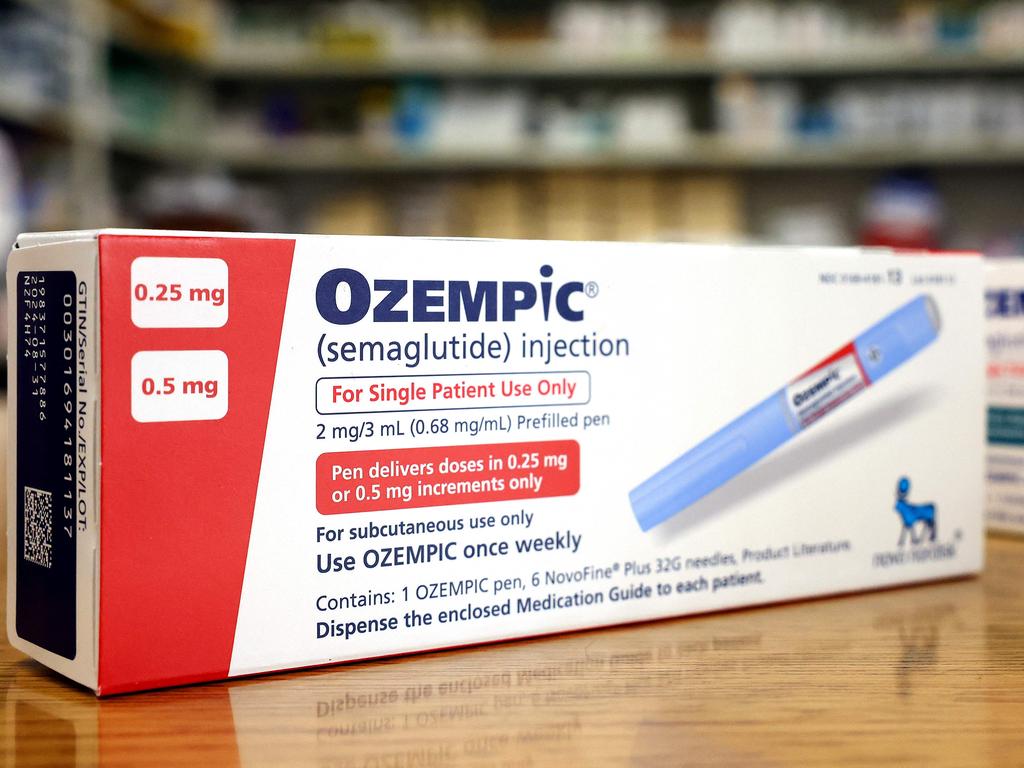
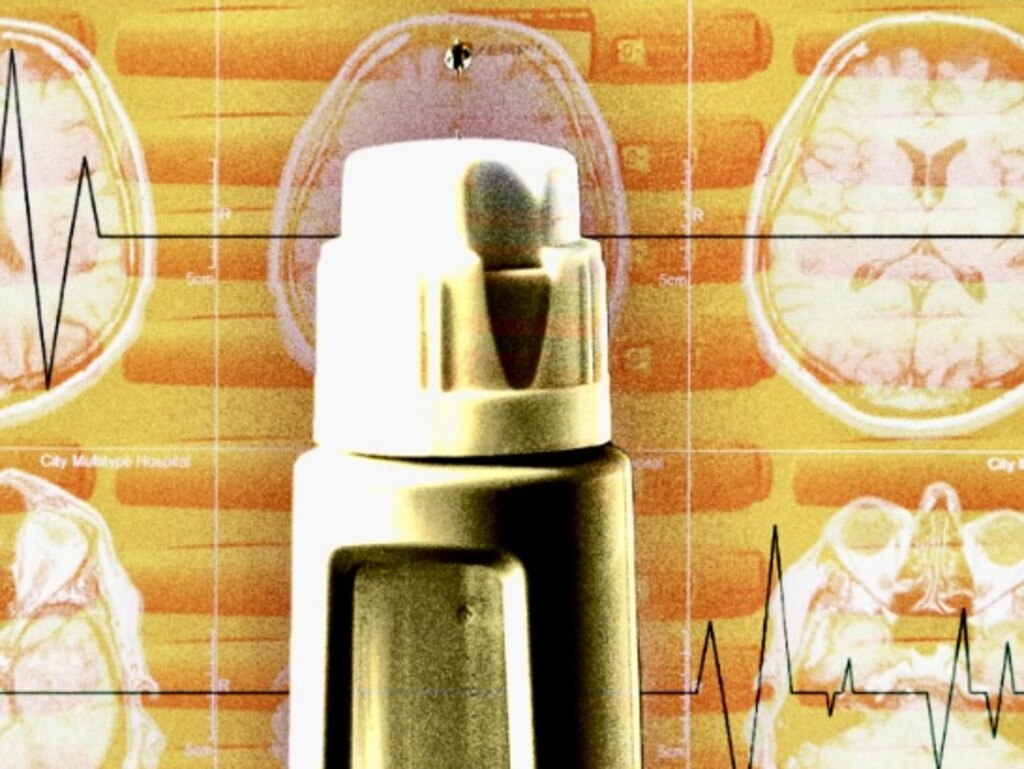
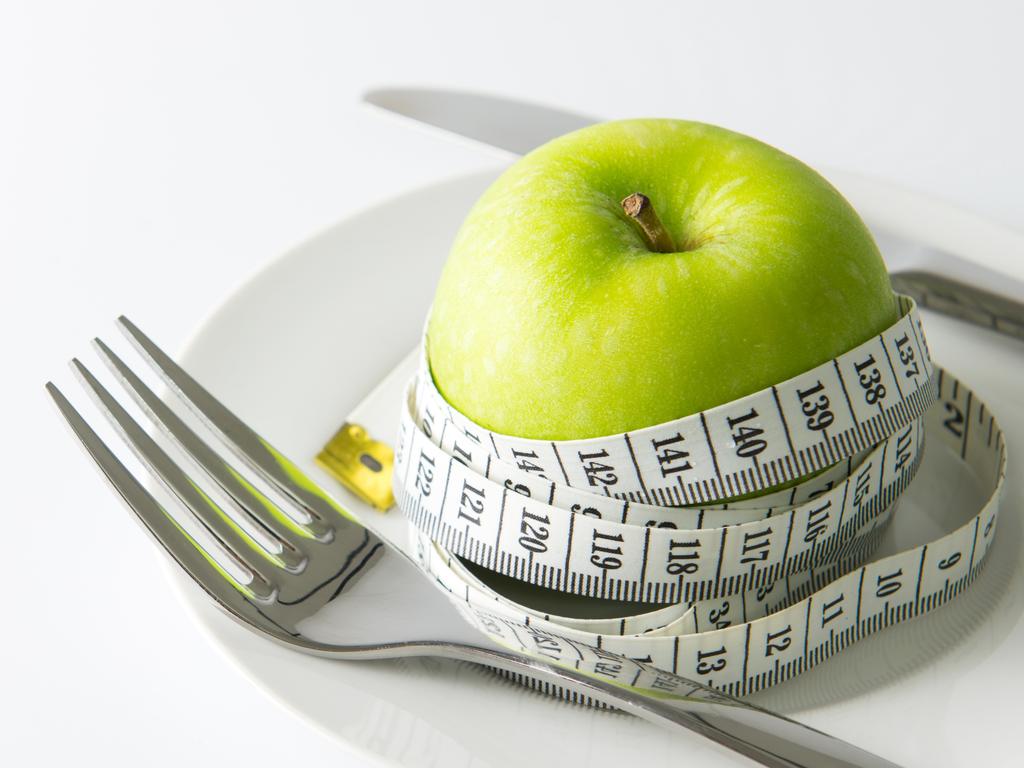
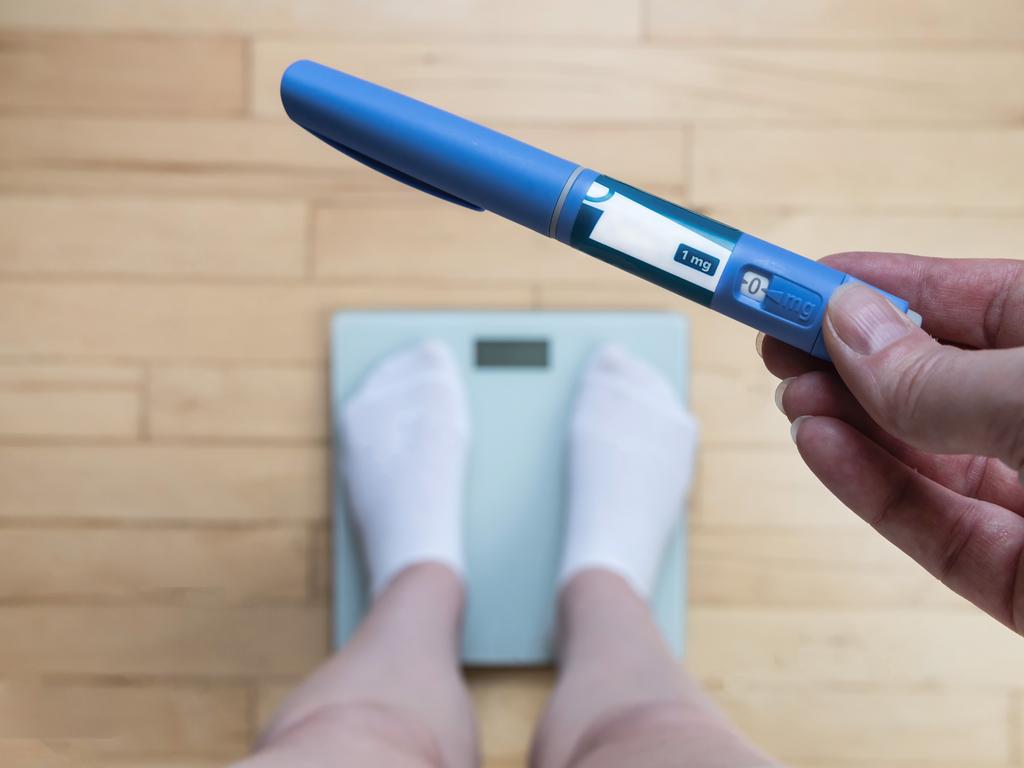


To join the conversation, please log in. Don't have an account? Register
Join the conversation, you are commenting as Logout